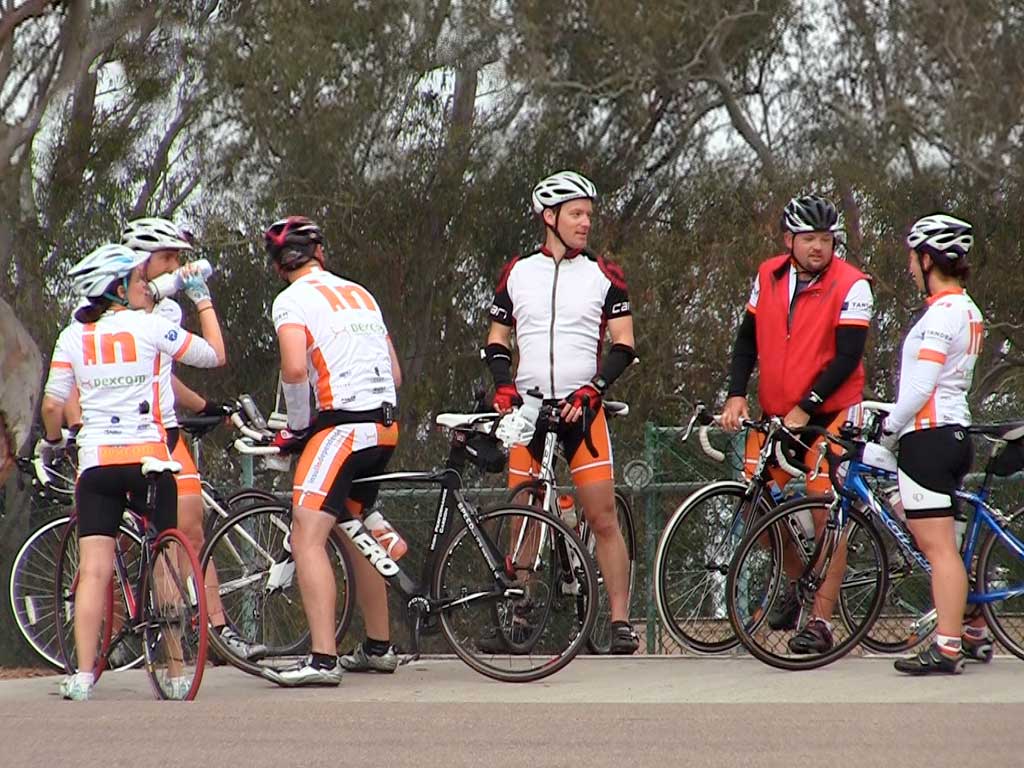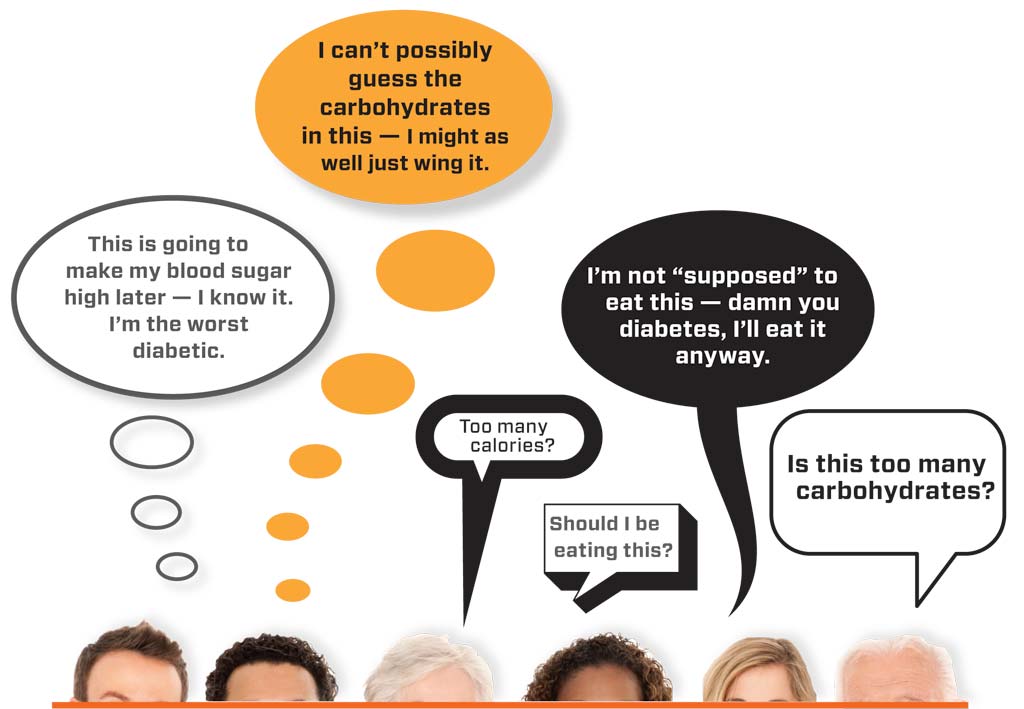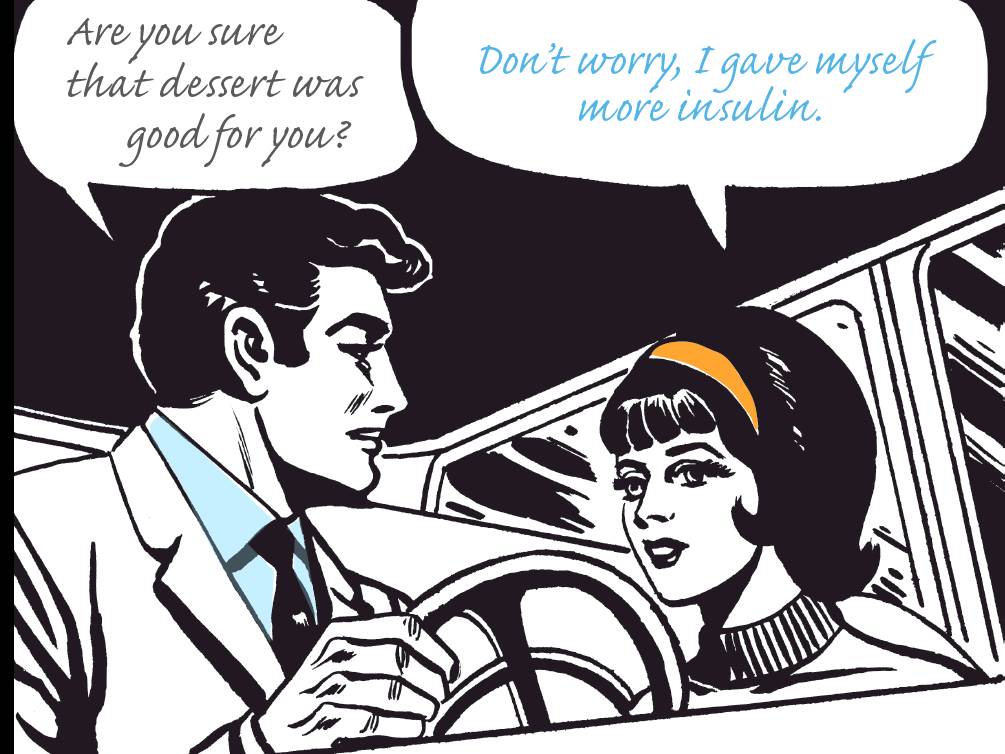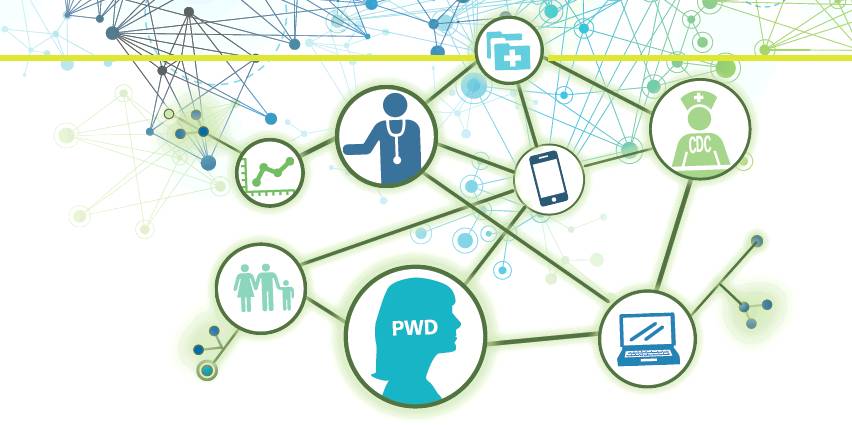A Sick Stranger in a Strange Land
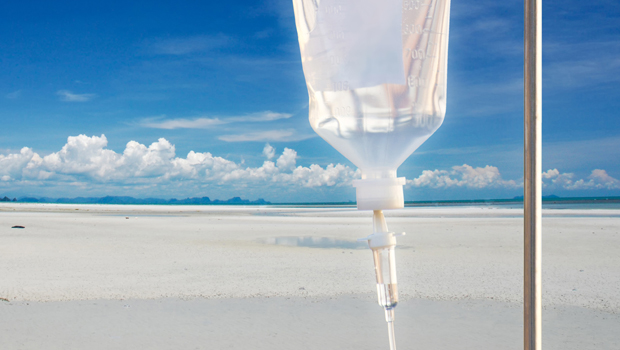
What was supposed to be a two-hour layover in Cleveland escalated into a six-day stay in the hospital. I had stumbled out of the plane feeling terrible. I couldn’t breathe, my ribs hurt, and I was profoundly tired. I hadn’t eaten all day, and yet I was still throwing up. I tried walking with my traveling companion to get outside for some fresh air, but instead I collapsed.
The cause of my collapse could be traced to a case of strep throat I had gotten a few days before the trip. I didn’t think it was that serious. I was put on antibiotics, which seemed at first to help. Feeling better, I had decided to return to work, so as not to let my boss down. As soon as I did, I started feeling worse and worse. I couldn’t eat anything, and all I wanted to do was sleep. In retrospect, there was no way I should have boarded that plane, and now here I was, being cared for by paramedics on the airport floor in a strange city.
I was brought to a hospital in Cleveland, where I was hooked up to an IV in one arm and an insulin drip in the other. At first, nobody knew what was wrong with me. Eventually, it was determined that I was suffering from both ketoacidosis (no surprise there) and pancreatitis, or inflammation of the pancreas. With all the flying I was doing, plus the strep throat, my blood sugar went from 233 mg/dL to 700 mg/dL in a matter of three hours.
For the first two days I needed all the medical help I could get; I was miserably sick. After that, I just wanted to go home. I was put on a liquid diet to calm my organs, and my blood sugar was checked every hour. And then on the fifth day, when I was off the insulin drip, I switched to regular food and the nurse didn’t give me any insulin. The doctor from the previous shift had left the order for insulin off the chart. I told my nurse that there must have been some mistake and that I needed insulin, but she refused. Naturally, my blood sugar shot up and the doctor on duty suddenly grew alarmed. I knew exactly what had happened, I just couldn’t do anything about it.
Even despite their errors, or maybe because of them, the doctors grew concerned about sending a person with diabetes back into the world alone. Meanwhile, being confined to their care was slowly driving me mad. It was like my doctor and I were talking two different languages. He assumed I landed in the hospital because I had been a non-compliant diabetic, and he lectured me to do the things that I had been doing for years, like counting carbohydrates and taking insulin. I wanted to talk about the virus that put me in the hospital and how I could prevent something like this from happening again.
In the end, I had to talk my way into being discharged. I went home to Wisconsin as soon as I could, so happy to get back to my doctor. He drew my blood, looked at my paperwork, and we talked. He knew me, and that felt good.
I now know that I should have listened to my body. I was so focused on getting to work that I pushed myself too hard. Young people often feel invincible, and young people with diabetes are no exception, but any illness when you have diabetes should always be taken seriously. That’s a lesson I learned with a CT scan, a lot of IV bags, and six days of Cleveland hospitality.
Thanks for reading this Insulin Nation article. Want more Type 1 news? Subscribe here.
Have Type 2 diabetes or know someone who does? Try Type 2 Nation, our sister publication.

